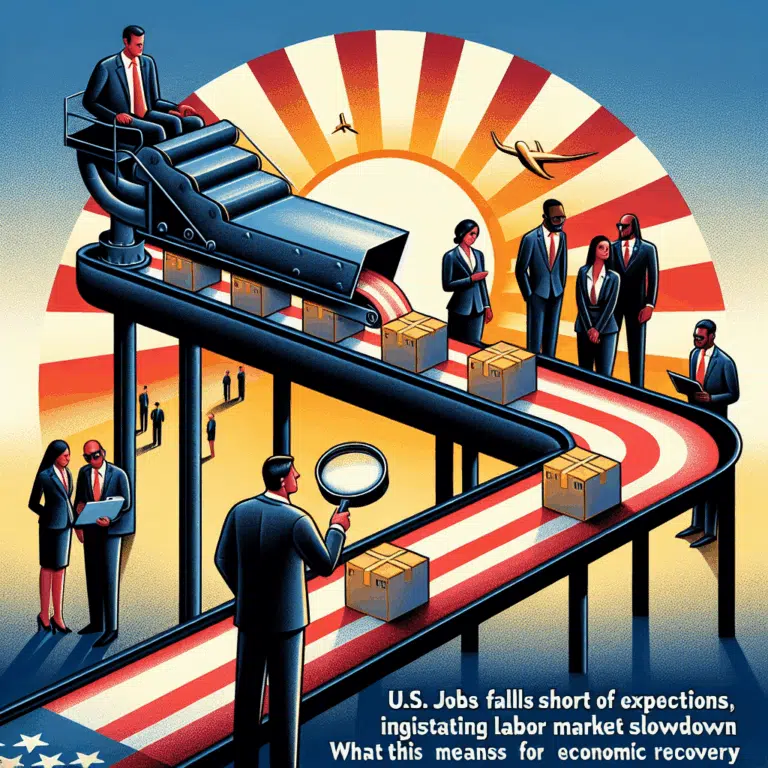Tech Investor Dan Niles Sounds Alarm on Trump’s Corporate Reporting Rollback: What It Means for Market Transparency and Investors’ Trust
In the fast-evolving world of Big Tech investing, transparency isn’t just a regulatory checkbox—it’s the lifeline that keeps investors informed and confident. Recently, former President Donald Trump reignited debate by proposing a shift from quarterly to biannual earnings reports for publicly traded companies. While the idea aims to reduce costs and allow management to focus on long-term strategy, industry insiders and savvy investors are sounding the alarm, particularly in the tech sector.
Dan Niles, founder of Niles Investment Management, put it bluntly during a CNBC interview: “In technology, where things are changing so quickly, I really don’t want to be investing in black boxes.” This statement hits at the heart of the issue. Tech companies operate in a hyper-competitive environment where yesterday’s leader can quickly become today’s laggard. Quarterly reporting provides a crucial pulse check, enabling investors to react to rapid shifts in innovation, market dynamics, and competitive positioning.
From a strategic standpoint, reducing reporting frequency could inadvertently increase risk for investors. When earnings data arrives only twice a year, the opacity increases, making it harder to detect early warning signs or capitalize on emerging trends. For example, Alphabet (Google’s parent company) has surged about 31% year-to-date, driven largely by its aggressive push into generative AI. Its ability to leverage YouTube’s vast video content library to train its Gemini large language model is a testament to how data assets translate into competitive advantage—and timely disclosures allow investors to track these breakthroughs in near real-time.
Here’s a critical insight for investors and advisors: The future of tech investing will be defined not just by innovation but by the quality and frequency of information flow. As AI and machine learning accelerate, companies that provide granular, timely updates on product development, data usage, and regulatory hurdles will command premium valuations. Conversely, reduced transparency could lead to higher volatility and mispricing, as investors scramble to fill information gaps with speculation.
Moreover, the recent antitrust settlement involving Alphabet, which was more favorable than many anticipated, has fortified its financial position, enabling deeper investments in AI without immediate shareholder pressure. This is a prime example of how nuanced corporate developments—beyond just earnings—impact investment decisions. Investors who dig deeper into legal and regulatory contexts will gain an edge.
Looking ahead, advisors should counsel clients to prioritize companies that maintain robust communication channels and embrace transparency as a competitive asset. This means scrutinizing not only earnings cadence but also qualitative disclosures around innovation pipelines and regulatory risks. For those invested in Big Tech, staying informed about policy shifts, like potential changes in reporting requirements or economic data releases, is more important than ever.
In fact, a recent report from Deloitte highlights that 72% of institutional investors consider transparent ESG and operational disclosures as critical factors in their investment decisions, underscoring a broader demand for comprehensive corporate accountability.
What’s next? Investors should watch for legislative developments on reporting requirements and advocate for standards that balance managerial focus with investor needs. Meanwhile, leveraging alternative data sources—such as AI-driven sentiment analysis and real-time market intelligence—can help bridge any information gaps that might arise from less frequent traditional reporting.
In summary, the push to reduce financial reporting frequency may sound appealing on the surface, but for Big Tech investors, it threatens to obscure the very signals needed to navigate an industry defined by rapid change. Staying ahead means demanding transparency, embracing data-driven insights, and recognizing that in tech investing, knowledge isn’t just power—it’s profit.
Source: Why tech investor Dan Niles doesn’t like Trump push for fewer corporate reports







